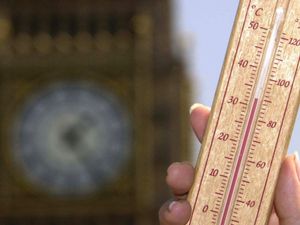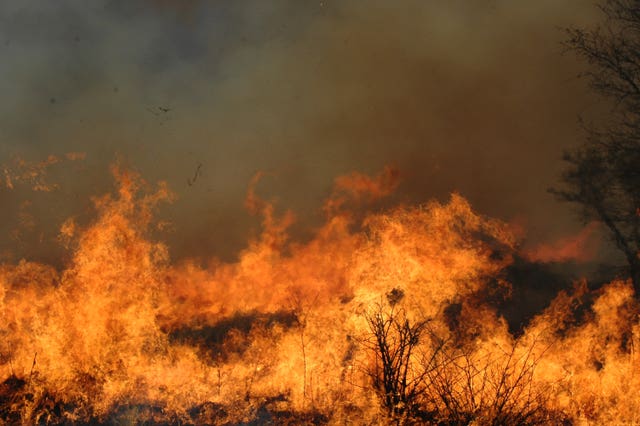Global warming responsible for one in three heat-related deaths, says study
The findings show that human-induced climate change is already having an effect on mortality risks due to heat.

A new study indicates that between 1991 and 2018, more than a third of all deaths in which heat played a role were attributable to human-induced global warming.
Using data from 732 locations in 43 countries around the world, researchers say it shows for the first time the actual contribution of man-made climate change in increasing mortality risks due to heat.
The estimates indicate that 37% of all heat-related deaths in the recent summer periods were attributable to the warming of the planet due to human activities.
Researchers from the London School of Hygiene & Tropical Medicine (LSHTM) and the University of Bern within the Multi-Country Multi-City (MCC) Collaborative Research Network also estimate the number of deaths from human-induced climate change that occurred in specific cities.
There were 136 additional deaths per year in Santiago (44.3% of total heat-related deaths in the city), 189 in Athens (26.1%), 172 in Rome (32%), 156 in Tokyo (35.6%), 177 in Madrid (31.9%), 146 in Bangkok (53.4%), 82 in London (33.6%), 141 in New York (44.2%), and 137 in Ho Chi Minh City (48.5%).
The findings are based on simulations of climate, with and without human-induced emissions.
The authors say the research is evidence of the need to adopt strong mitigation policies to reduce future warming.
They add that the research is also an argument for the implementation of interventions to protect populations from the adverse consequences of heat exposure.
Dr Ana Vicedo-Cabrera, from the University of Bern and first author of the study, said: “We expect the proportion of heat-related deaths to continue to grow if we don’t do something about climate change or adapt.
“So far, the average global temperature has only increased by about 1C, which is a fraction of what we could face if emissions continue to grow unchecked.”
The new study focused on man-made global warming through a detection and attribution study that identifies and attributes observed phenomena to changes in climate and weather.
Researchers examined past weather conditions simulated under scenarios with and without anthropogenic emissions, which are emissions which are caused by human activity.
This allowed them to separate the warming and related health impact linked with human activities from natural trends.
In the study, heat-related mortality was defined as the number of deaths attributed to heat, occurring at exposures higher than the optimum temperature for human health, which varies across locations.
The study, published in Nature Climate Change, found that while, on average, more than one third of heat-related deaths are due to human-induced climate change, the impact varies substantially across regions.
Climate-related heat casualties ranged from a few dozen to several hundred deaths each year per city, depending on the local changes in climate in each area and the vulnerability of its population.

The researchers found that people living in low and middle-income countries, which were responsible for a minor part of emissions originating from humans in the past, were those most affected.
In the UK, 35% of heat-related deaths could be attributed to human-induced climate change, which corresponds to approximately 82 deaths in London, 16 deaths in Manchester, 20 in West Midlands or four in Bristol and Liverpool every summer season.
Professor Antonio Gasparrini from LSHTM, senior author of the study and coordinator of the MCC Network, said: “This is the largest detection & attribution study on the current health risks of climate change.
“The message is clear: climate change will not just have devastating impacts in the future, but every continent is already experiencing the dire consequences of human activities on our planet. We must act now.”
The authors note a number of limitations of the study including being unable to include locations in all world regions, for example, large parts of Africa and South Asia, due to a lack of empirical data.





